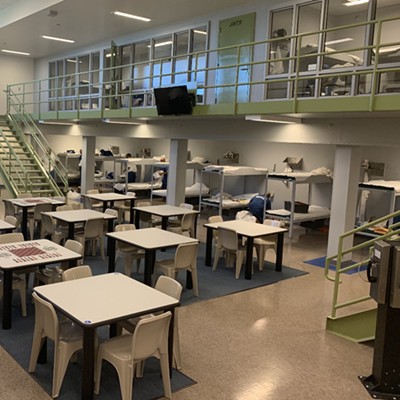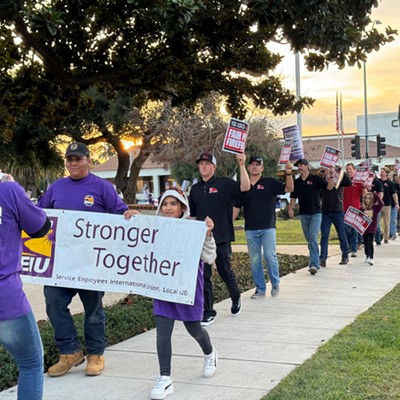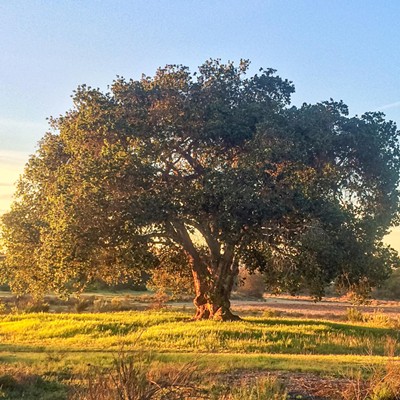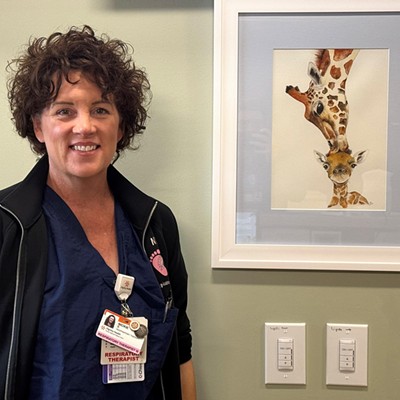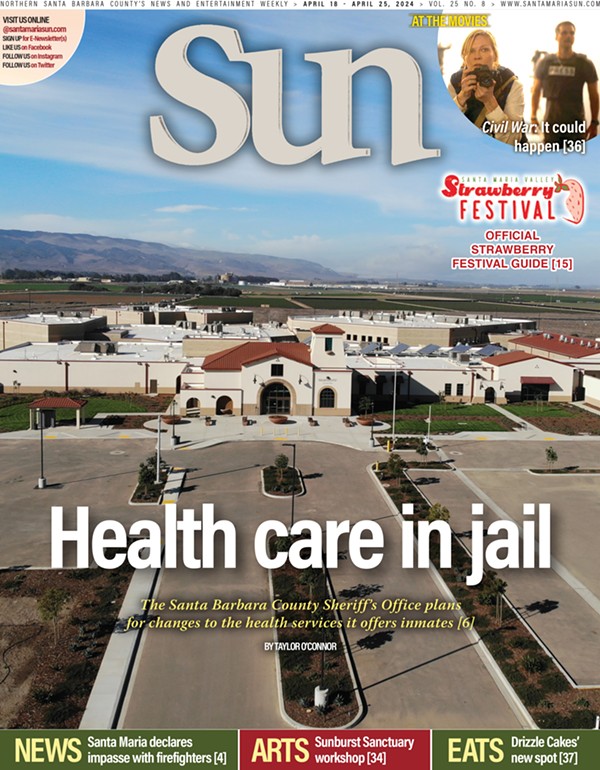
“Veteran” is a word that tells many stories: of loss, duty, outrage, sacrifice, and heroism. It’s the only word that encompasses the simultaneous anger and gratitude many who attended a town hall meeting on Sept. 15 expressed.
The Santa Maria Outpatient clinic opened its doors that day to veterans and their family members, other veteran organizations, and the community for a two-hour question-and-answer session, with members of the Veterans Affairs of the Greater Los Angeles Health Care System (VAGLAHS).
One of the driving forces behind this meeting was the change in U.S. Department of Veteran Affairs leadership, according to Robert McKenrick, a veteran with the Los Angeles Regional Office of Veterans Affairs.
“Prior leadership didn’t let us talk,” McKenrick told the Sun after the meeting.
The bulk of the questions and comments voiced at the meeting were about the distances local veterans have to travel in order to receive care; the long wait time they face just to make an appointment, followed by more waiting for the actual appointment; and the costs that veterans are required to pay even though Veterans Affairs (VA) told them it would cover their care expenses.
VAGLAHS representatives responded to the concerns by saying that the VA had a program in place specifically to clarify the improper information that veterans have previously been given.
McKenrick addressed the issue, referring to a comment he attributed to President Barack Obama: “It takes us three months to train a soldier into the army and two weeks to turn them out.”
Veteran Edward Quinonez mentioned that programs designed to reach out to former soldiers within six months to a year of their discharge were successful.
“You can’t outreach enough,” he said during the meeting.
Calvin Payne, a VAGLAHS outreach coordinator, detailed several education programs designed for reservists, noting that these programs are seeing great results. He added, though, that the department needs to play catch up to educate soldiers leaving active duty through the Transition Assistance Program.
VA representatives agreed with those who attended the meeting: There are still things that need to change. But they were optimistic, with representatives saying that since Robert A. McDonald became Secretary of Veteran Affairs in July, they’re already noticing a difference.
“McDonald took control, and now we’re here at this meeting,” McKenrick said. “This agency is changing.”
A man named Wes Sullins told the Sun that he didn’t really feel like his questions were answered, but fellow attendee Steven Dudich felt better than Sullins did after the meeting.
“They stood up to the fire. From where we have been, this is the highlight of my experience with the VA,” Dudich said. “I have more confidence in the VA.”


